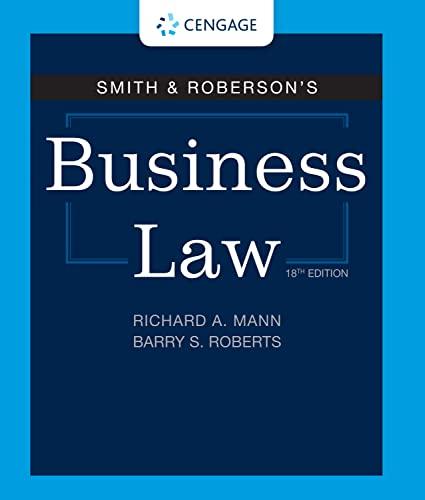Economics unit 5
Guided Reading Activity Personal Financial Literacy Lesson 1 Financial Institutions and Your Money Review Questions Directions: Read each main idea and answer the questions below. Refer to your textbook as you write the answers. A. Budgeting Main Idea: Because money plays an important role in everyday life. it is very important to manage your money one way to do this is to list all of your expenses, group them into categories, and then find ways to reduce expenses in each category. You should also make sure your budgeted expenses match your income. Why is it important to manage your money carefully? 2. How can you keep track of your money? Financial Institutions Main Idea: Financial institutions channel money from savers to investors. Financial institutions include commercial banks, credit unions, finance companies, life Insurance companies, and investment banks. 1. How do financial institutions help both savers and borrowers? 2. How are commercial banks different from credit unions? 3. What is the main difference between a con institution? dit union and a nonbank financial C. You As A Depositor Main Idea: You should start saving now by depositing your money in a bank. Before selecting a bank, you should find out about minimum balance requiremen requirements, fees, and interest rates, and you should consic various types of accounts available. 1. What is the difference between simple interest and compound interest? 2. What questions should you ask before choosing a bank? 3. Describe the various types of savings accounts and the advantages and disadvantages of each. 4. How do you deposit and withdraw money from a checking account? D. You As A Borrower Main Idea: In order to borrow money, you must be creditworthy. Credit cards are a common form of borrowing money. It is possible to build your credit and make yourself more creditworthy. Borrowing money is a legal obligation, and you must repay your loans or face bankruptcy. 1. How do creditors decide whether or not to lend you money? 2. How do credit cards work? 3. What can you do to build credit and your credit score? 4. What can happen if you do not repay the money you borrowed? 5. What is the difference between Chapter 7 bankruptcy and Chapter 13 bankruptcy? Summary and Reflection Directions: Summarize the main ideas of this lesson by answering the question below. You hope to buy a car in a year. You know you will need to increase your savings and obtain a loan in order to buy the car. You decide to open an account at a local bank in order to save your money. You also decide to start building your credit. Describe the process you use to choose your bank. what type of account you choose to open, and why you made this choice. Then explain how you plan to build your credit







